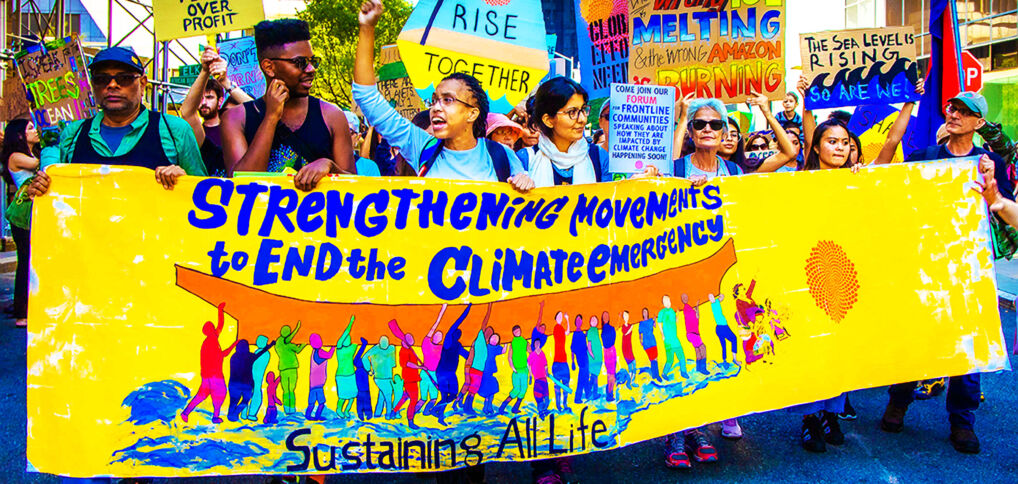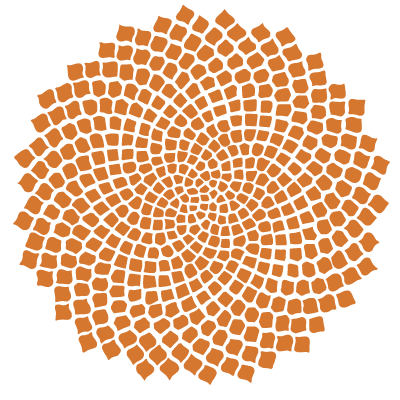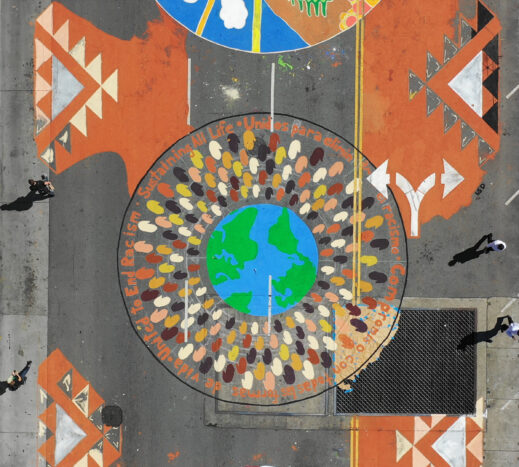
View this resource
in French >>
We who have been involved in social movements have been and continue to be a powerful force in fighting for justice around the world. We have organized movements to challenge many forms of oppression—classism, sexism, racism, homophobia, and so on and their manifestations in war, destruction of land, dehumanization of people, and genocide. We have come together to build relationships, communities, organizations, and alliances in order to build a just society that allows the Earth and every living being to thrive.
Our Movements Bend the Arc towards Justice
Our movements have changed the course of human history and improved conditions for humanity and the world we live in. We have worked together to transform societies. We can draw inspiration from many movements, including the following:
- Beginning in the early 1900s the women of Bangladesh fought for freedom from colonial domination while at the same time improving the status of women.
- In 1973 the people of Guinea-Bissau united five Indigenous tribes to win self-governance and end a legacy of slavery and colonial rule.
- In the 1970s the Indigenous people of the Cordillera stopped the Chico Dam from being built, during martial law in the Philippines.
- In the 1990s the Indigenous Zapatistas of Chiapas, Mexico waged a struggle for land, livelihood, self-determination, and democracy.
- The Brazilian landless workers’ movement, Movimento dos Trabalhadores Sem Terra (MST), is reclaiming land, protecting traditions, preserving seeds for organic farming, and fighting for good livelihood.

In the United States, past struggles—for civil rights; tribal rights; liberation for African Americans, Native Americans, Asian Americans, women, workers, and LGBTQ people; and for international solidarity, nuclear disarmament, and ending the war in Vietnam—have paved the way for more recent movements—Black Lives Matter, Standing Rock, Me Too, Occupy Wall Street, No Ban No Wall, and Sunrise.
When we move together as a united front, we are a powerful force. We can take on the biggest challenges of our time—ending the climate emergency and creating a just and sustainable world. We can ensure that the Earth and its inhabitants thrive well both now and into the future.
Oppression Derails our Movements
As mighty as our collective power has been, we have also experienced defeat. We have had to contend with systemic oppression. Oppression has often undermined our unity and sapped our strength. Enormous amounts of money are spent to keep the oppressive system in place through exploitative policies and practices.
Many of our difficulties are rooted in oppression—systemic, interpersonal, and internalized. Systemic oppression is how societal institutions allow some groups of people to dominate other groups of people and to dominate the Earth and all living beings. Interpersonal oppression is how systemic oppression shows up in our relationships and makes us turn against each other instead of fighting together to change the oppressive system. Internalized oppression is how systemic oppression shows up in ourselves, impacting our hearts and minds; we embody the hurtful messages, feel discouraged and powerless, and fail to fight for our own interests.
Oppression, in its many forms, exists in our movements, organizations, relationships, and ourselves. There is no movement that has not been negatively impacted, sidetracked, or lost momentum because of unresolved conflicts caused by oppression. Past efforts at transforming societies have often been unable to shake off the effects of the old oppressive institutions. Even when oppressive institutions have been changed, the oppression and exploitation of the old society reappear in new forms. The limitations of our movements are a reflection of our failure to undo the impact of living in oppressive societies.

We know from history that we will face great external obstacles, including misinformation and state violence, as we try to change entrenched power structures. We need everyone if we are to build a united, resilient movement—and to have everyone, we need to recover from the grips of oppression. We can find the places where we agree and then keep moving through all obstacles that threaten our unity. In doing so, it is important to have an agreed-upon theory, a set of tools, a practice, and communities. This will allow us to work through these obstacles to reach for each other and to heal from oppression.
Groups Moving Through Oppression
Have you, or someone you know, left a relationship, organization, or movement due to “irreconcilable differences?” Sometimes these differences are ideological. Most often, interpersonal oppression is involved. At times, this interpersonal oppression is misidentified as ideological difference. Sometimes the conflict is rooted in oppressive structures, policies, and practices that operate in our relationships, organizations, and movements (and often in the same groups where we hope to dismantle oppression!). It can seem that the best response is to walk away.
What if we could get support to identify and address the root causes of our interpersonal struggles? What if we could remember that ending each form of oppression is good for all people? We have a theory and practice that makes this possible.
Healing Work is Social Justice Work
We are experiencing a climate emergency. Humanity is heading toward extinction—many living things have already gone extinct. To reverse this, we must unite. We have to work together in new ways and that means understanding oppression, how we have been hurt by it, and healing from it. This means we must engage in emotional work as well as change institutions. The good news is that there are effective easily-learned tools for doing this work.
To build sustainable, resilient movements to end the climate emergency, we must decide to heal from all forms of oppression. We must seek unity, knowing that long-term unity requires a continual process of reflection, processing, healing, and transformation. We must decide that healing work is social justice work. This is the work of Sustaining All Life and United to End Racism.


